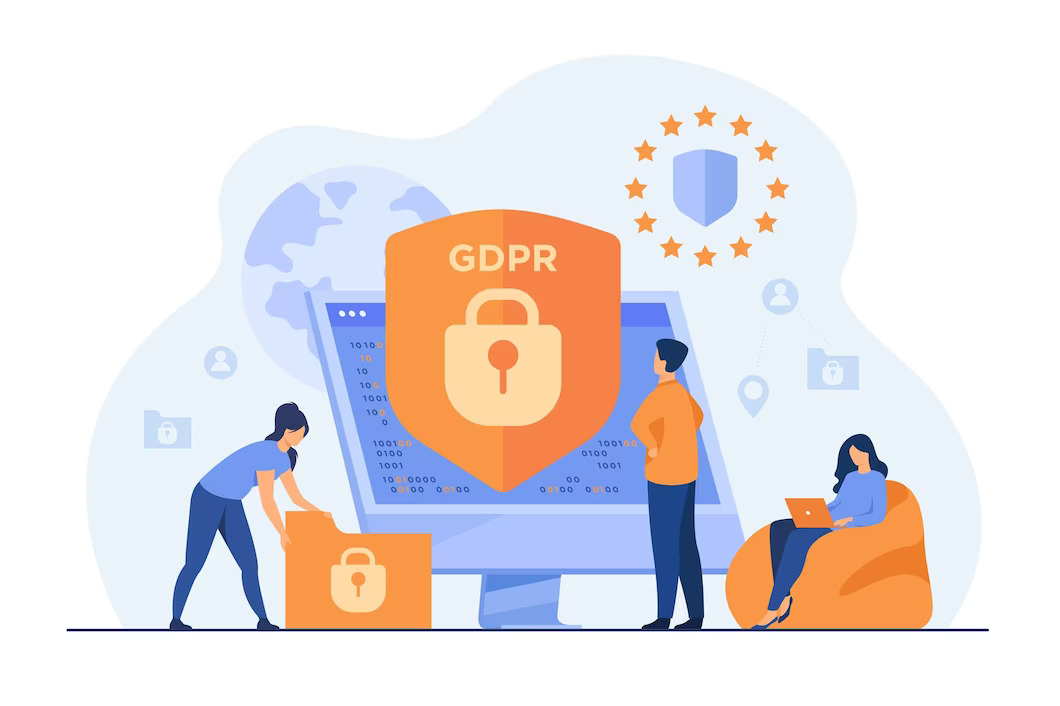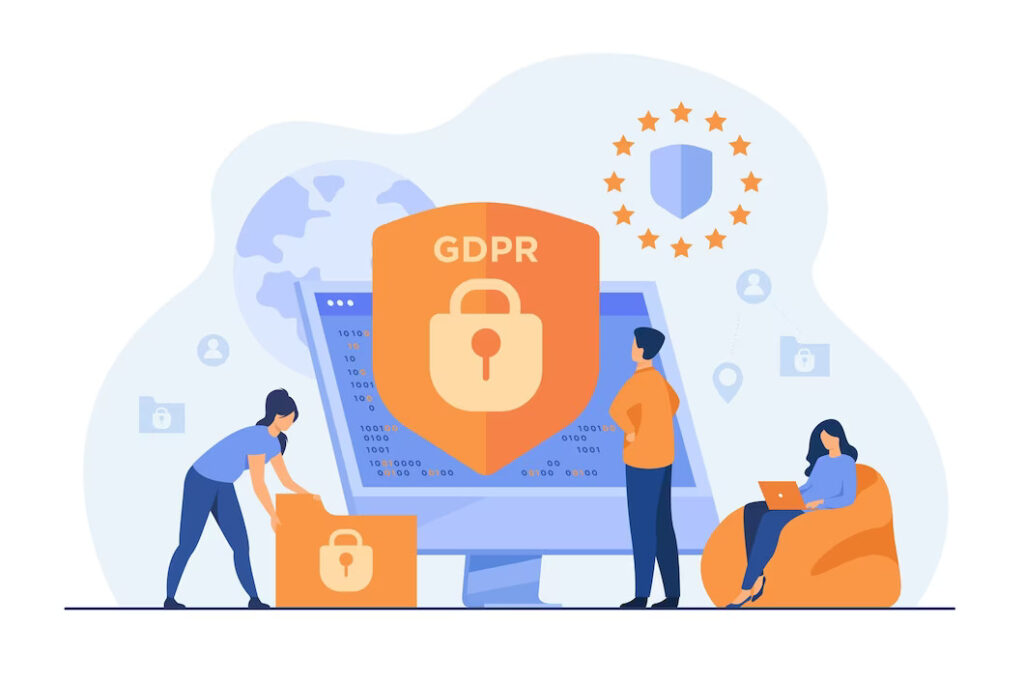
In today’s digital landscape, organizations face increasing challenges in safeguarding sensitive data and complying with data privacy regulations. Cyber Unified’s Data Privacy and Protection Assessment provides a comprehensive evaluation of an organization’s data privacy practices and offers recommendations for improvement. By adopting a culture of data privacy, complying with regulatory requirements, and implementing effective controls, organizations can protect personal data and enhance their overall security posture. In this blog post, we will explore the benefits of Cyber Unified’s Data Privacy and Protection Assessment and how it helps organizations achieve compliance and strengthen their data privacy practices.

Cyber Unified’s assessment supports organizations in adopting a culture of data privacy and protection. By evaluating current policies and procedures, organizations can identify areas for improvement and implement measures to foster a privacy-conscious environment. This cultural shift ensures that data privacy is prioritized throughout the organization and becomes ingrained in day-to-day operations.
The assessment module supports compliance with data privacy laws across multiple countries. As regulations vary across jurisdictions, Cyber Unified enables organizations to customize their assessment to align with the specific requirements of each relevant data privacy law. This flexibility ensures that organizations can navigate the complexities of global data privacy regulations effectively.
Cyber Unified’s assessment helps organizations stay up to date with the latest regulatory compliance standards. By regularly updating the assessment framework, organizations can align their data privacy practices with evolving regulations and maintain compliance with new requirements. This proactive approach enables organizations to adapt to changing privacy landscapes and mitigate compliance risks.
The assessment module simplifies privacy principles and provides guidance for protecting personal data. By evaluating current practices against established privacy principles, organizations can identify gaps and implement measures to strengthen personal data protection. This systematic approach ensures that organizations have robust safeguards in place to preserve the privacy of individuals’ data.
Cyber Unified’s assessment enables organizations to measure the maturity and effectiveness of their data privacy controls through self-assessments. By assessing the current state of controls, organizations can identify strengths and weaknesses, prioritize improvement efforts, and track progress over time. This measurement facilitates continuous improvement and enhances the overall data privacy posture.
Organizations can customize the assessment framework by adding their specific security controls and business practices. This customization ensures that assessments align with organizational requirements and industry-specific regulations. By tailoring the framework, organizations can evaluate their data privacy practices accurately and address unique risks and challenges.
The assessment module automates privacy and data protection assessments, streamlining the process and improving efficiency. Organizations can easily track assessment progress and timelines, ensuring that assessments are completed in a timely manner. Additionally, continuous monitoring capabilities allow organizations to proactively identify and address any emerging data privacy risks.
Cyber Unified’s assessment provides role-based access, allowing organizations to assign contributors at the organizational, department, and individual levels. This feature facilitates collaboration among stakeholders, streamlines the assessment process, and ensures that the right individuals have access to relevant assessment information. Collaboration enhances the accuracy and comprehensiveness of assessments.
The assessment module offers a detailed dashboard and visualization capabilities, providing a comprehensive view of assessment results, risks, and key performance indicators. This visual representation simplifies data interpretation, enables effective decision-making, and supports communication with stakeholders.
Organizations can manage remediation efforts for each security control identified during the assessment. By addressing identified gaps and vulnerabilities, organizations can strengthen their data privacy practices and reduce potential risks. Additionally, the assessment module evaluates the impact of remediation efforts by measuring factors such as the single loss expectancy (SLE), annual loss expectancy (ALE), and return on investment (ROI).
The assessment module assists assessors in preparing consistent, structured, and high-quality privacy impact reports. This standardized approach ensures that privacy issues arising from projects are thoroughly analyzed, documented, and communicated to decision-makers. Privacy impact reports provide valuable insights for informed decision-making and support organizations in mitigating privacy risks effectively.

Cyber Unified’s Data Privacy and Protection Assessment empowers organizations to evaluate and enhance their data privacy practices. By adopting a culture of data privacy, complying with regulatory requirements, measuring control effectiveness, and implementing remediation efforts, organizations can achieve compliance, protect personal data, and build trust with their stakeholders. Leveraging the benefits of Cyber Unified’s assessment, organizations can establish robust data privacy practices and navigate the evolving landscape of privacy regulations effectively.